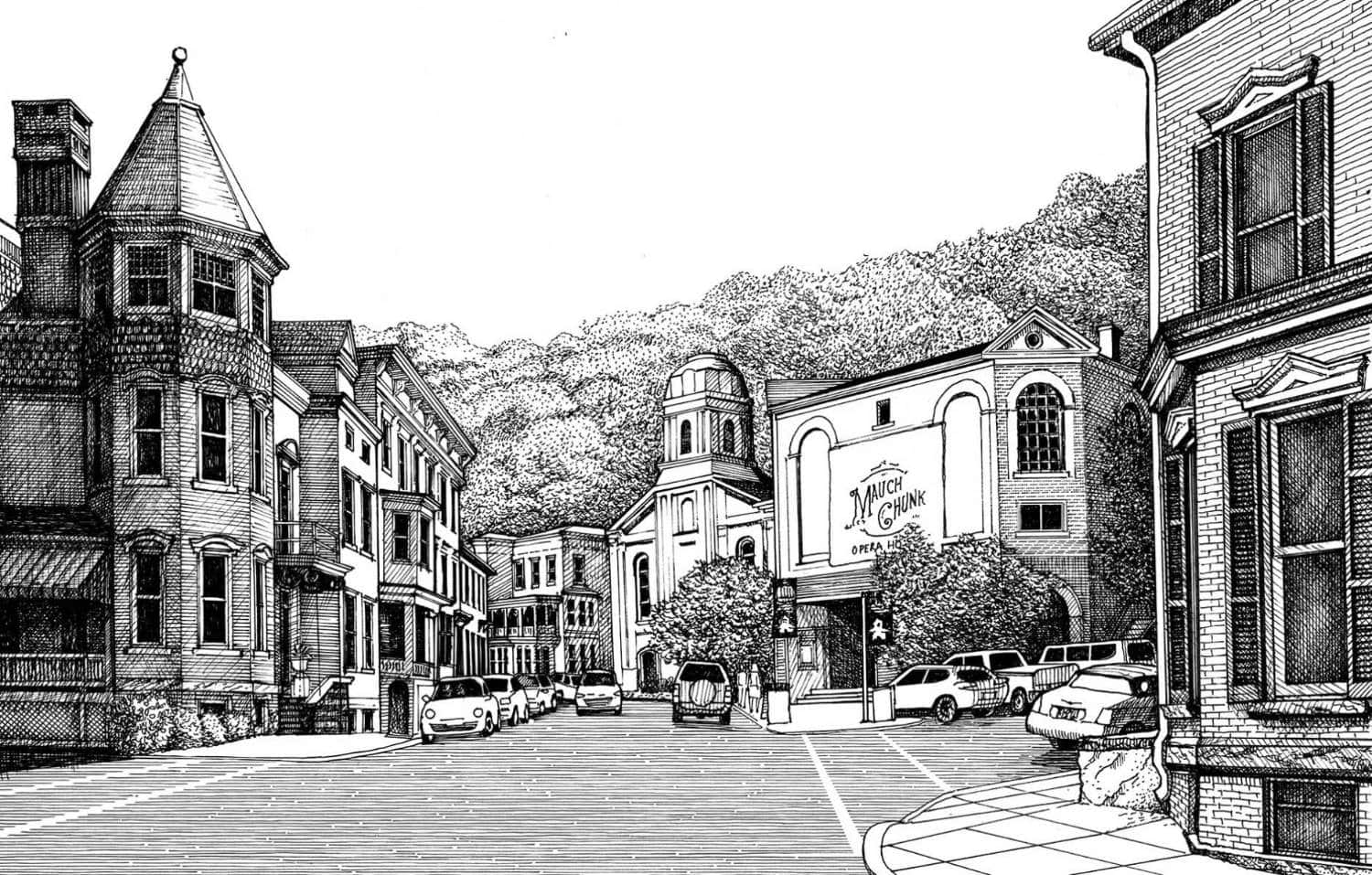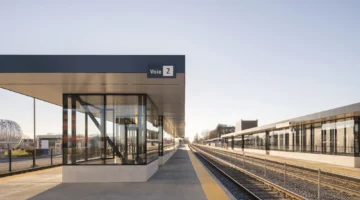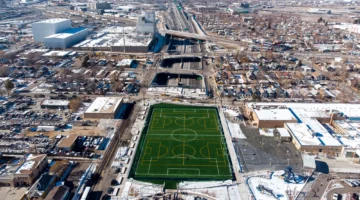"Small towns are deeply imbedded in the history of many countries. Indeed, they were the founding settlements, and remain a vital part of a country’s culture. We need small towns and rural settlements just as much as we need cities. This is not an either-or proposition.
Regenerating and repopulating these communities would advance the middle ground between rural and urban settlements. Success would provide a viable antidote to suburban sprawl and the detrimental over-consumption of arable land. Acknowledging that there should be a balance between cities, towns, and rural communities is essential to responsible stewardship of land and existing infrastructure that ought not be squandered. All these towns had a reason for being, their founders had grand aspirations, there was employment available, and the settlers believed in the promise of a community and better life for their families and themselves.
The word ‘town’ is difficult to define, as the meaning varies by region, state, and country. The key issue is scale. A town can generally be defined as a place of human habitation that is larger than a village but smaller than a city. And yet towns go by various legal names that may be confusing. In Pennsylvania, many towns are called boroughs. In New York State, many are called villages. Some communities are legally classified as cities, but with populations of less than about 50,000, still function as towns. [...]
[...]Many small-town residents believe that the roots of civilization are embedded in such elemental qualities as good will, neighborliness, fair play, courage, tolerance, patience, and broadminded inquiry that can only be transmitted and nurtured between generations in small town communities. Newer residents moving to small towns often credit the value system, a slower pace of life, safety and security for their children, control over their personal time, and the low cost of housing as primary reasons for relocating there. The erosion of this culture has had a direct relationship to the decline of the nation’s humanity.[...]"
Revitalizing towns, the neglected middle ground
With a little love and attention, towns may play a key role in settling climate migrants and balancing urban development in the 21st Century




